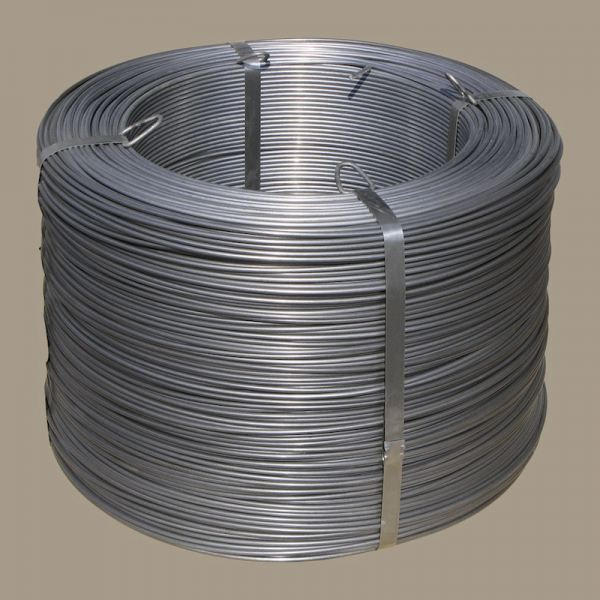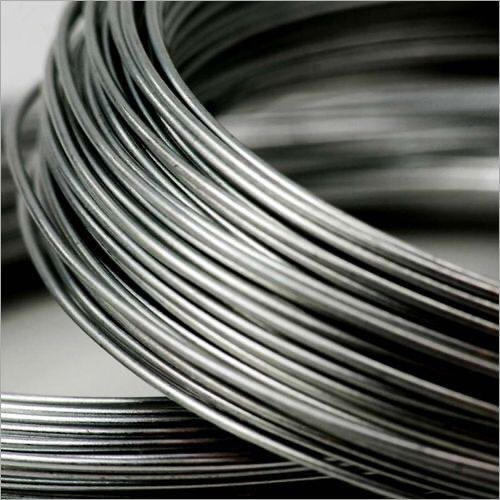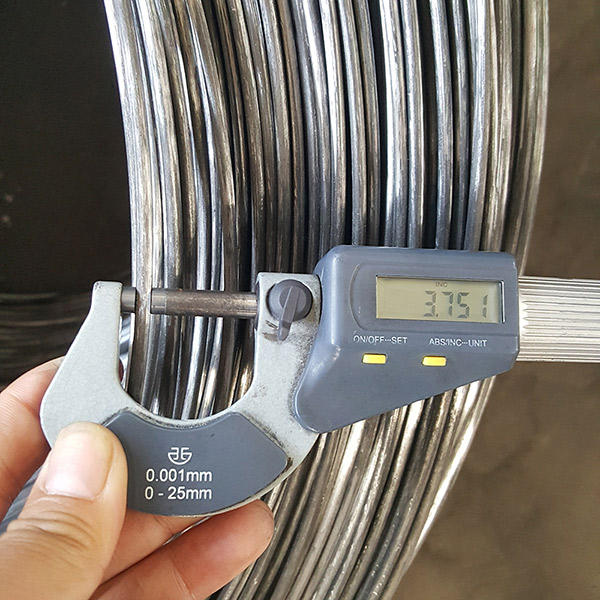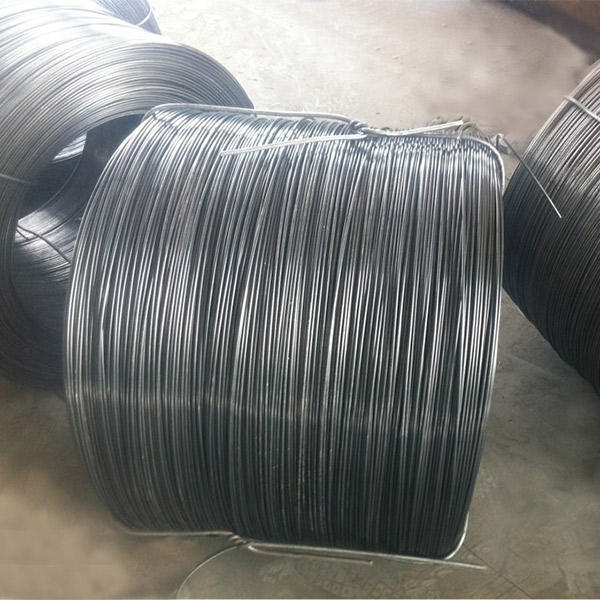अगस्ट . 06, 2025 02:20 Back to list
Durable Welded Wire Mesh for Industry Factory | Top Quality
In the highly demanding landscape of modern industry, the selection of robust, reliable, and cost-effective materials is paramount. From safeguarding machinery to reinforcing critical infrastructure, the role of high-quality mesh solutions cannot be overstated. This guide provides a comprehensive analysis of welded wire mesh for industry factory applications, exploring everything from manufacturing intricacies and technical specifications to supplier comparisons and real-world case studies. As leading welded wire mesh for industry manufacturers, we aim to equip you with the expertise needed to make informed decisions for your facility.
The global industrial sector is witnessing a significant trend towards automation and enhanced safety protocols. According to a market analysis by Grand View Research, the industrial fencing market, a key application for welded wire mesh, is projected to grow significantly, driven by increasing security needs in manufacturing, energy, and logistics sectors. This growth underscores the demand for durable and precisely engineered materials like the ones we provide.

Decoding Welded Wire Mesh: From Raw Material to Finished Product
Understanding the value of industrial welded wire mesh begins with appreciating its manufacturing process. It's not merely about weaving wires; it's a precision-engineered procedure designed for maximum strength and uniformity. The core of this process lies in resistance welding, where intersecting wires are fused together by heat and pressure, creating a strong, monolithic grid.
The Manufacturing Journey: A Step-by-Step Illustrated Flow
The production of high-quality welded wire mesh for industry factory settings follows a meticulous, quality-controlled pathway. A key component in this journey is the use of superior raw materials, such as our featured Cold Drawn Wire, which ensures exceptional tensile strength and dimensional accuracy.
High-grade steel rods (e.g., Q195, Q235) are selected. Emphasis on purity and chemical composition for desired mechanical properties.
Rods are cold-drawn through dies to achieve precise diameter and enhance tensile strength. Annealing follows to improve ductility.
Drawn wire is straightened and cut into precise longitudinal (line) and transverse (cross) wires using computer-controlled machinery.
Wires are fed into an automated welder. At each intersection, an electric current creates a fused, non-brittle weld, ensuring uniform grid strength.
Mesh panels or rolls undergo treatments like hot-dip galvanization (per ASTM A123) or PVC coating for superior corrosion resistance and extended lifespan.
Final product is inspected for weld strength, dimensional accuracy, aperture consistency, and coating thickness, ensuring it meets international standards.

Core Technical Parameters and Industry Standards
Selecting the correct mesh involves understanding key technical specifications. These parameters directly impact performance, longevity, and suitability for specific industrial applications, from petrochemical plants to food processing facilities. As trusted welded wire mesh for industry suppliers, we adhere to stringent international standards like ISO 9001 and ASTM A1064/A1064M for steel wire and welded wire reinforcement.
| Parameter | Specification Range | Importance & Application Relevance |
|---|---|---|
| Material | Low Carbon Steel (Q195), Stainless Steel (SS304, SS316, SS316L), Pre-Galvanized Wire | SS316L offers supreme corrosion resistance for chemical plants; Low Carbon Steel is a cost-effective choice for general-purpose fencing. |
| Wire Diameter (Gauge) | 1.0mm - 12.0mm (Approx. 19 Gauge to 00 Gauge) | Thicker wires (lower gauge) provide greater strength and rigidity, essential for high-security fences and heavy-duty shelving. |
| Aperture (Mesh Opening) | 1/4" x 1/4" (6.35mm) to 8" x 8" (203mm) | Smaller apertures offer higher security and are used for machine guards. Larger openings are suitable for general partitioning and reinforcement. |
| Surface Treatment | Hot-Dip Galvanized, Electro-Galvanized, PVC Coated, Epoxy Coated, Stainless Steel Polish | Hot-dip galvanizing provides a thick zinc coating (per ASTM A123) for long-term outdoor use. PVC coating adds chemical resistance and aesthetic options. |
| Panel/Roll Size | Panels: up to 3m x 6m; Rolls: 0.5m - 2.5m width, up to 50m length | Custom sizes are crucial for minimizing waste and installation time in large-scale industrial projects. |
| Weld Shear Strength | Minimum 35,000 psi (241 MPa) per ASTM A1064 | This is the critical measure of the weld's integrity. A high shear strength prevents wires from separating under load, ensuring structural safety. |
| Compliance Standard | ISO 9001, ASTM A1064, ASTM A123, BS 4483 | Adherence to these standards guarantees product quality, consistency, and safety, a key differentiator for reliable suppliers. |
The Power of Cold Drawn Wire: The Foundation of Superior Mesh
The performance of any welded wire mesh for industry factory is fundamentally tied to the quality of its constituent wire. Our commitment to excellence starts with Cold Drawn Wire, a product engineered for superior mechanical properties. The cold drawing process realigns the steel's grain structure, significantly increasing its tensile strength and yield point while maintaining dimensional precision.
Chart 1: Tensile Strength Comparison (MPa)
This chart illustrates the significant increase in tensile strength achieved through the cold drawing process compared to standard hot-rolled steel rod, making it ideal for high-stress industrial applications.

Chart 2: Industrial Mesh Material Usage Breakdown
This pie chart shows the typical market distribution of materials used for industrial welded mesh, highlighting the dominance of galvanized steel for its balance of performance and cost.
Application Scenarios: Where Welded Wire Mesh Excels
The versatility of welded wire mesh for industry factory applications is vast. Its unique combination of strength, open area, and adaptability makes it a preferred solution across numerous sectors.
Safety & Machine Guarding
In compliance with OSHA standards, our mesh is used to create robust barriers around robotic cells, conveyors, and heavy machinery, preventing accidents while allowing visual inspection and airflow.
High-Security Fencing
For petrochemical plants, data centers, and airports, small-aperture, anti-climb welded mesh provides a formidable perimeter defense. The rigid panel structure resists cutting and deformation.
Warehouse & Logistics Solutions
Used for pallet rack backing, vertical storage partitions, and security cages, our mesh improves inventory visibility, airflow for fire suppression systems, and secures high-value goods.
Concrete & Infrastructure Reinforcement
Welded wire fabric (WWF) is essential for reinforcing concrete slabs, walls, and pipes. It distributes tensile stresses, controls crack propagation, and significantly reduces construction time compared to rebar tying.
Filtration & Separation Racks
In food processing and chemical industries, stainless steel (SS316L) mesh is used to fabricate durable, hygienic, and corrosion-resistant racks for holding filtration media or separating components.
HVAC & Architectural Elements
Industrial-grade mesh serves as protective screens for HVAC units, architectural facades, and infill panels for railings, combining functionality with a modern aesthetic.

Choosing Your Partner: Comparing Welded Wire Mesh Manufacturers
Not all welded wire mesh for industry manufacturers are created equal. The difference between a successful project and a costly failure often lies in the supplier's commitment to quality, customization, and service. Here’s a comparison to highlight what you should look for.
| Feature | Generic Supplier | Expert Partner (Our Commitment) |
|---|---|---|
| Quality Certification | May lack formal certification. | ISO 9001:2015 Certified for consistent quality management. |
| Material Traceability | Often unclear, variable material sources. | Full material traceability with Mill Test Certificates (MTCs) available. |
| Customization Capability | Limited to standard stock sizes. | Full CNC customization for panel size, shape, cutouts, and wire spacing. |
| Technical Support | Basic sales support. | In-house engineering team to assist with material selection and design optimization. |
| Testing & Compliance | Limited in-house testing. | Rigorous testing for weld shear strength, coating thickness, and dimensional tolerance per ASTM standards. |
| Project Experience | General distributor. | Proven track record in petrochemical, manufacturing, construction, and high-security sectors. |
Case Study: Enhancing Safety at a Petrochemical Facility
Client & Challenge
A major petrochemical refinery needed to upgrade its perimeter security and internal machine guarding to meet new, stricter safety regulations. The environment was highly corrosive, and downtime for installation needed to be minimal.
Our Solution
We collaborated with the client's engineering team to design a custom solution. We specified SS316L stainless steel welded wire mesh for the perimeter fence due to its superior resistance to salt and chemical corrosion. For the machine guards, we used a heavy-gauge, PVC-coated mesh. All panels were pre-cut to exact dimensions based on site drawings.
Outcome
The use of custom-sized panels reduced on-site cutting and welding by 70%, significantly speeding up installation. The SS316L fence has shown zero signs of corrosion after 3 years of service, drastically reducing maintenance costs. The facility passed its safety audit with distinction, with the auditor specifically praising the robustness of the new guarding systems.

Trust and Transparency: Our Commitment to You
Trust is the cornerstone of any industrial partnership. We build this trust through transparency, rigorous quality assurance, and unwavering customer support. When you choose us as your welded wire mesh for industry suppliers, you are investing in a partnership dedicated to your success.
Client Feedback: Head of Operations, Major Logistics Hub
"We were struggling with frequent damage to our pallet rack systems. Your team recommended a heavy-duty welded wire mesh backing. The solution was not only cost-effective but the pre-sized panels made installation a breeze for our maintenance crew. Inventory damage has dropped by over 80%, and the improved visibility is a huge plus for our cycle counts. A truly professional experience from start to finish."
Quality Assurance & Warranty
Every batch of our welded wire mesh undergoes stringent quality checks. We offer a comprehensive warranty covering manufacturing defects and compliance with agreed-upon specifications (e.g., coating thickness, tensile strength).
Delivery & Logistics
With a streamlined production schedule, standard orders are typically dispatched within 7-15 working days. We provide global logistics support, ensuring your materials arrive on-site, on time, securely packaged to prevent damage.
Customer & Technical Support
Our dedicated support team is available to answer your questions, from initial inquiry to post-installation. We provide detailed product data sheets, installation guides, and access to our engineers for complex project requirements.

Frequently Asked Questions (FAQ)
The primary difference is in the corrosion protection mechanism and cost. Hot-dip galvanizing involves coating a carbon steel mesh with a thick layer of zinc. This provides excellent, cost-effective corrosion resistance for most outdoor and humid environments. Stainless steel mesh (e.g., SS304 or SS316) has chromium (and nickel/molybdenum) mixed into the steel itself, creating an inherent, self-healing corrosion resistance throughout the material. SS316 is the premium choice for highly corrosive environments like coastal areas, chemical plants, and food processing where sanitation and rust-proofing are critical.
This depends on the application:
- For High Security: Choose a small mesh size (e.g., 3" x 0.5") to prevent climbing and a heavy wire gauge (e.g., 4-6 gauge) for rigidity and cut resistance.
- For Machine Guarding: The mesh size must be small enough to prevent fingers or hands from reaching hazardous areas, guided by ISO 13857 standards. A medium gauge (e.g., 10-12 gauge) is often sufficient.
- For General Partitioning/Shelving: A larger mesh size (e.g., 2" x 2" or 4" x 4") and a medium to light gauge wire (e.g., 6-10 gauge) provides good visibility and support at a lower cost.
ASTM A1064/A1064M is a standard specification from ASTM International that covers "Standard Specification for Steel Wire and Welded Wire Reinforcement, Plain and Deformed, for Concrete." It is crucial because it dictates the minimum requirements for the wire's mechanical properties, such as tensile strength, yield strength, and the critical weld shear strength. Compliance with this standard ensures that the welded wire mesh for industry factory reinforcement applications is safe, reliable, and will perform as expected under structural loads.
Absolutely. This is one of our key strengths as a leading welded wire mesh for industry manufacturer. We utilize CNC-controlled cutting and welding equipment to produce panels to your exact dimensional specifications, including complex shapes, notches, and cutouts for pipes, conduits, or machinery access. This service minimizes on-site fabrication, reduces waste, and accelerates project timelines.
The lifespan varies significantly based on material and environment.
- Hot-Dip Galvanized Mesh: In a typical industrial environment, it can last 20-40 years before significant maintenance is needed.
- PVC Coated Mesh: The PVC layer adds protection against chemicals and UV, often extending the lifespan beyond standard galvanizing, especially in moderately corrosive areas.
- SS304/SS316 Stainless Steel: Can last for 50+ years, even in harsh and corrosive environments, with minimal maintenance. It has the highest upfront cost but the lowest lifecycle cost in demanding applications.
For high-security fencing, rigid mesh panels are installed onto a system of steel posts (square or round). The panels are affixed to the posts using specialized tamper-resistant brackets and fasteners. The posts are typically embedded in concrete footings. For maximum security, the panels can be overlapped at the posts, and the system can be topped with concertina wire or other anti-climb deterrents.
Cold Drawn Wire, like our featured product Cold Drawn Wire, is wire that has been pulled through a series of dies at room temperature. This process reduces the wire's diameter while fundamentally changing its properties. The main advantages are:
1. Increased Tensile Strength: The process hardens the steel, making it much stronger.
2. Improved Dimensional Tolerance: The drawing process allows for very precise control over the final diameter.
3. Better Surface Finish: The wire has a smooth, clean surface, which is ideal for subsequent coating or welding. These benefits make it the superior raw material for high-performance welded wire mesh for industry factory use.
Industry Reference:
The principles of material selection and quality control discussed here align with best practices outlined in publications such as "Materials Performance" by NACE International (now AMPP). As noted in a recent article on industrial infrastructure, "The long-term integrity of protective barriers, such as welded wire mesh, is directly proportional to the adherence to manufacturing standards like ASTM and the selection of application-appropriate coatings. Life-cycle costing, not just initial price, should be the primary driver for specification in corrosive industrial environments."
For further reading on material standards, visit ASTM International.
-
Chain Link Fence-Durable, Versatile, Reliable Fencing Solution | Anping County Puersen Hardware Wire Mesh Products Co., Ltd
NewsAug.06,2025
-
Galvanized Steel Fence Factory|Chain Link Fence&Playground Fence
NewsAug.06,2025
-
Durable Welded Wire Mesh for Industry Factory | Top Quality
NewsAug.06,2025
-
Chain Link Fence: Durable Security Solutions | Anping County Puersen Hardware Wire Mesh Products Co., Ltd.
NewsAug.05,2025
-
Chain Link Fence-Durable, Versatile, Reliable|Galvanized Steel,PVC Coated
NewsAug.05,2025
-
Chain Link Fence-Anping County Puersen|Galvanized Steel, Durability, Custom Solutions
NewsAug.05,2025

